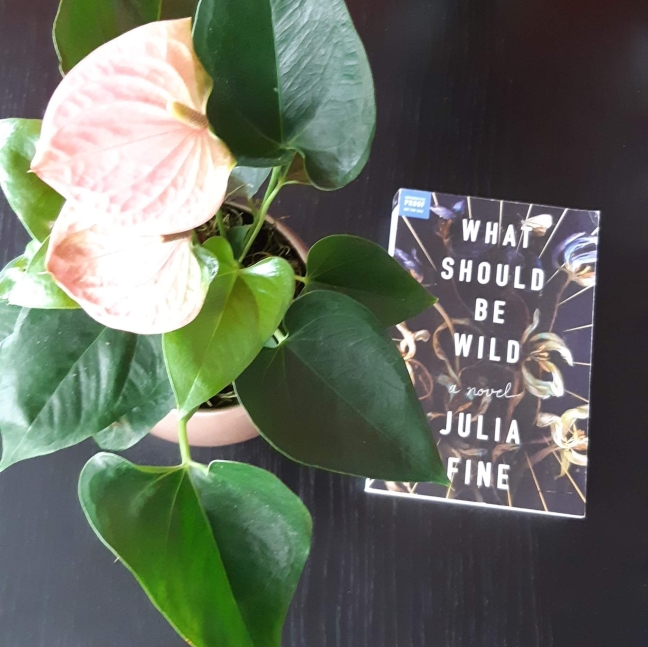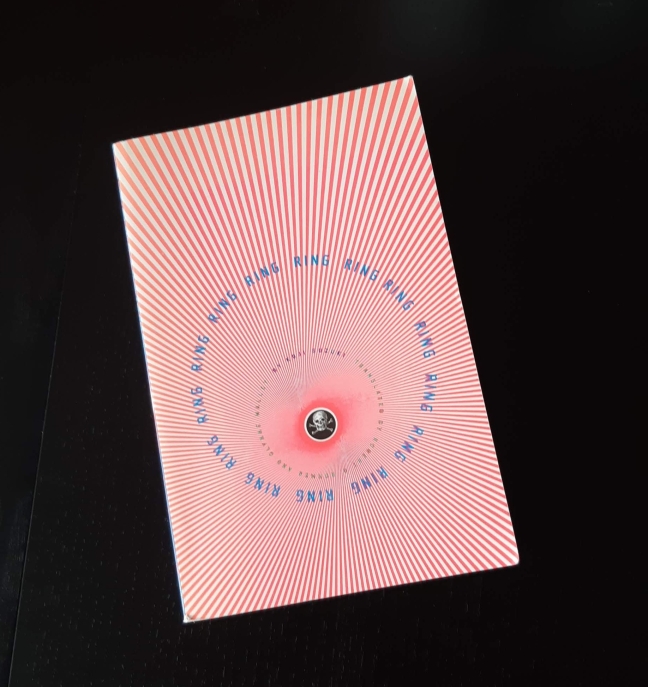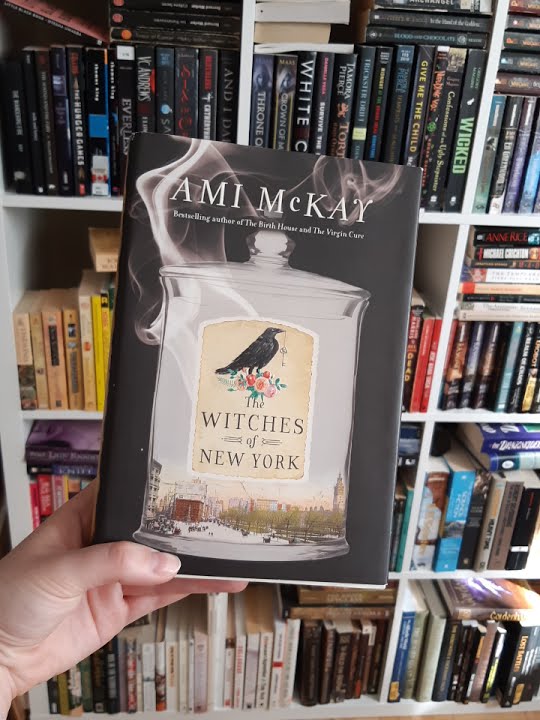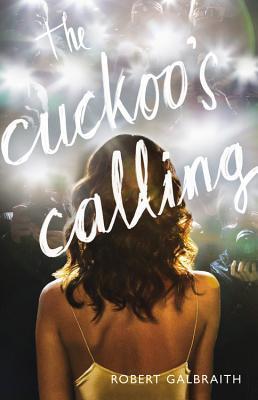 One thing I’ve really enjoyed so far about Women in Translation month is that I’ve expanded my reading horizons. Not only that, but I’ve been able to find new books to love in genres I already enjoy. Vita Nostra has been on my shelf for a while and it was wonderful to finally start reading it. It’s a book written by a husband and wife team who have more than 30 published works – only a few of which have been translated into English so far.
One thing I’ve really enjoyed so far about Women in Translation month is that I’ve expanded my reading horizons. Not only that, but I’ve been able to find new books to love in genres I already enjoy. Vita Nostra has been on my shelf for a while and it was wonderful to finally start reading it. It’s a book written by a husband and wife team who have more than 30 published works – only a few of which have been translated into English so far.

This was the most wildly bizarre fantasy novel I’ve ever read and I absolutely loved it. I devoured it whole, racing through pages deep into the night as if my life depended on it. As I came to the end of the novel, I breathed a sigh of relief, heart racing even as it shuddered for the end of such a brilliant experience.
This is the kind of book that you love or you hate.
It follows a young woman, Sasha Samokhina, as she meets a frightening stranger and is compelled to perform tasks that he requests of her. Even as she is rewarded for her efforts she loathes and fears what she doesn’t yet understand. Who is this man? Why does he ask these things of her? This is somewhat answered upon Sasha’s admittance to the Institute of Special Technologies in Torpa, but things remain shrouded in mystery and uncertainty for a large part of the novel.
I saw another reviewer refer to this book as ‘phantasy’ – as in ‘philosophical fantasy’ and I really can’t disagree. If you enjoyed slogging through assigned novels in philosophy classes and trying to derive some sort of meaning from often repetitive and contradictory statements, this is the book for you. This is a repetitive novel that it would be easy to find pointless and boring if you’re not utterly fascinated by philosophy (or pseudo-philosophy). Beautiful prose often melts into scenes with strange interpersonal relationships and small epiphanies from the main character. Still, the bulk of the book is Sasha desperately studying incomprehensible concepts that hold no meaning for her at the beginning of her school career.
I enjoyed the glimpses into the lives of Sasha’s fellows and love interests as you could tell they had their own lives and concerns happening beyond what Sasha was aware of. The glimpses into Sasha’s mother’s life help to keep things as grounded as they could be within this story. The Dyachenkos clearly have a solid grasp of the joys and struggles of personal relationships, and all of the dialogue between characters was solidly believable to me – even when they were discussing impossible metaphysical concepts.
If you’re looking for a strange read to lose yourself in, something more bleak than joyful but still engrossing – this is the book for you. If vague concepts with the promise of some deeper meaning not yet meant to be understood doesn’t sound good, maybe give this one a miss for now.
As far as the translation goes, I thought that Julia Meitov Hersey did a wonderful job. This was honestly the most readable Russian translation I’ve ever encountered. I know that she and the authors did have to compromise for the English version and change most (all?) of the quoted text. Not knowing what the originals were I can’t say if this was better or worse, only that I enjoyed it without reservation.
This is the first of “an associative cycle of novels about people finding their life and understanding of the World had to be changed,” according to the authors’ English website. Although the books in the ‘Metamorphosis Cycle’ aren’t connected by characters or plot I’m eager to see just what the next one holds! Unfortunately for readers there aren’t any announced plans to translate the next two from Russian just yet.
Have you read Vita Nostra of any of the Dyachenkos other works? Do you have any other bizarre fantasy or ‘phantasy’ to recommend? Please let me know your thoughts in the comments below!









